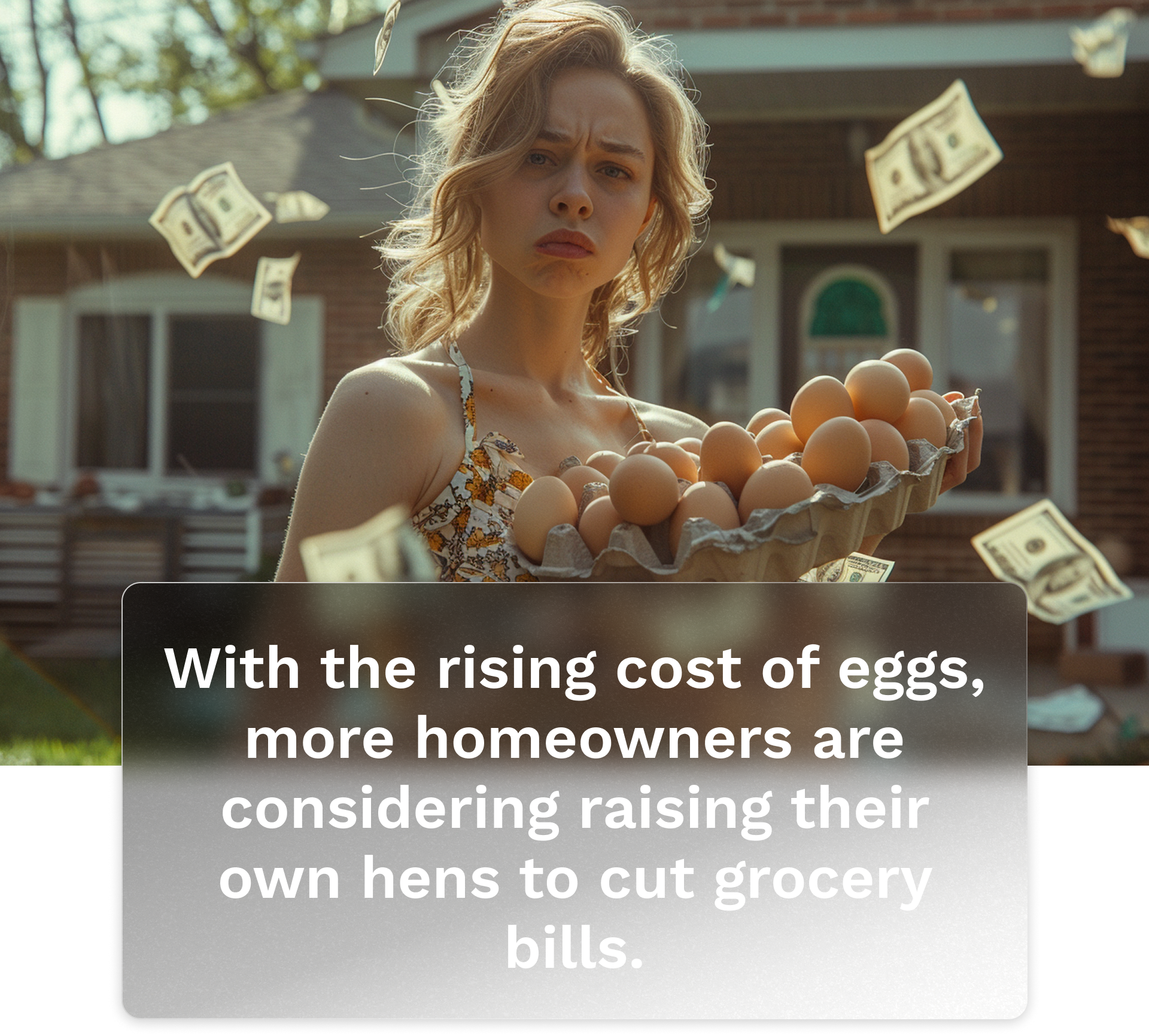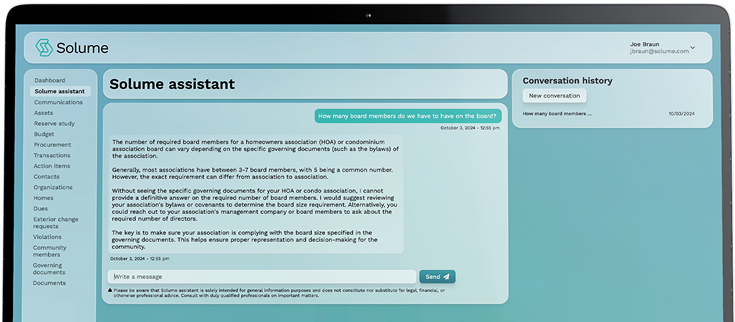The Backyard Chicken Boom—and the HOA Hurdle
Backyard chickens have become more than a trend; they represent a shift toward sustainable living, fresh eggs, and a deeper connection to nature. With the rising cost of eggs, more homeowners are considering raising their own hens to cut grocery bills. But if you’re eyeing a home in a community with a homeowners association (HOA), that dream might hit an unexpected roadblock. HOAs have their own rules, often stricter than city or county ordinances, leaving many prospective homeowners asking: Will I be allowed to raise chickens?
Let’s crack open the reality of backyard chickens in HOA communities—what’s allowed, what’s not, and what you can do about it. I’m sure somewhere across the country, someone who lives in a high-rise condo association has tried to keep chickens, but for the rest of us, this article will focus on single-family HOAs, not condo associations.
Understanding HOAs: Why They Regulate Chickens
HOAs are designed to maintain a community’s overall aesthetic, order, and property values. To achieve this, they create and enforce rules on everything from mailbox design to landscaping—and, yes, livestock.
Here are the most common HOA regulations that impact backyard chickens:
- Animal Restrictions – HOAs may limit pets to traditional domesticated animals like cats and dogs, explicitly banning livestock, including chickens.
- Noise Regulations – Roosters are notorious for their early-morning calls, but even hens can be chatty, leading to noise restrictions.
- Aesthetic Concerns – Some HOAs regulate structures visible from the street or neighbors' properties, including chicken coops.
- Sanitation and Odor Control – Concerns over waste accumulation and potential smells may lead to outright bans.
- Lot Size Requirements – Some communities require a certain amount of space between coops and neighboring homes to minimize disturbances.
Understanding these restrictions before committing to a home is crucial if backyard chickens are part of your vision.
HOA Rules vs. City Ordinances: Who Has the Final Say?
One common misconception is that if your city allows backyard chickens, your HOA must follow suit. The reality? HOA rules take precedence.
- City and county laws set the baseline—many municipalities allow chickens but impose regulations on numbers, roosters, and coop placement.
- HOAs can be stricter—even if your city allows chickens, your HOA can enforce its own prohibitions, leaving you legally bound by their regulations.
- HOAs are private governing bodies—purchasing a home within an HOA community means you agree to abide by their rules, even if they are more restrictive than local laws.
This means doing your due diligence before buying is essential.
How to Find Out If an HOA Allows Chickens
If you’re serious about raising chickens, you need to take proactive steps before purchasing a home:
- Read the HOA’s CC&Rs (Covenants, Conditions, and Restrictions) – This document outlines the community’s regulations, including animal policies.
- Attend an HOA Meeting or Contact the Board – If the CC&Rs are unclear, reach out directly for clarification.
- Look for Loopholes – Some HOAs allow exceptions via special permits or homeowner votes.
- Talk to Current Residents – If you see backyard chickens in the neighborhood, ask the homeowners how they got approval—or if they’re keeping them under the radar.
What If Your HOA Says No? Can You Change the Rules?
If you’ve found the perfect home but the HOA bans chickens, all hope isn’t lost. HOAs can (and do) change their rules, but it requires patience and strategy.
Steps to Advocate for Chickens in Your HOA:
- Gather Support – Find other homeowners who share your vision—there’s strength in numbers.
- Present the Benefits – Focus on sustainability, pest control, and community well-being rather than personal preference.
- Propose Reasonable Guidelines – Suggest compromises, such as limiting the number of hens, banning roosters, and requiring coops to meet certain aesthetic standards.
- Follow HOA Procedures – HOAs typically require formal proposals, petitions, or votes to amend rules.
- Stay Respectful and Persistent – Change doesn’t happen overnight. Approach the issue diplomatically and work within the system.
Alternatives If Your HOA Won’t Budge
If the HOA isn’t willing to allow backyard chickens, you still have options:
- Look for Non-HOA Neighborhoods – Many rural or older communities don’t have HOAs and allow more flexibility.
- Find Another Property in the Same City – Some parts of a town may be governed by an HOA while others are not.
- Explore Community Coops – Some urban areas have shared spaces where residents can keep chickens without violating HOA rules.
How AI Can Help In HOA Management Navigating Rules
For both homeowners and HOA boards, keeping track of community rules, requests, and potential amendments can be overwhelming. This is where modern HOA management software like Solume can make a difference.
Solume helps streamline communication between homeowners and HOA boards, ensuring clarity on regulations and simplifying processes for community-wide votes or rule changes. If you’re unsure whether your HOA allows backyard chickens, Solume Assistant can provide instant answers about your community’s CC&Rs, saving you time and hassle. Whether you’re advocating for chickens or simply want to stay informed, having a transparent and organized system benefits everyone.
Conclusion: Do Your Homework Before You Buy
Backyard chickens can be a fantastic addition to a home, but not every HOA sees it that way. If chickens are part of your homeownership dream, make sure your community’s rules align with your vision before making a commitment.
By researching HOA policies, city ordinances, and potential advocacy strategies, you can avoid surprises and make informed decisions about your future home.
Thinking of buying in an HOA? Stay informed with expert insights at solume.com.




